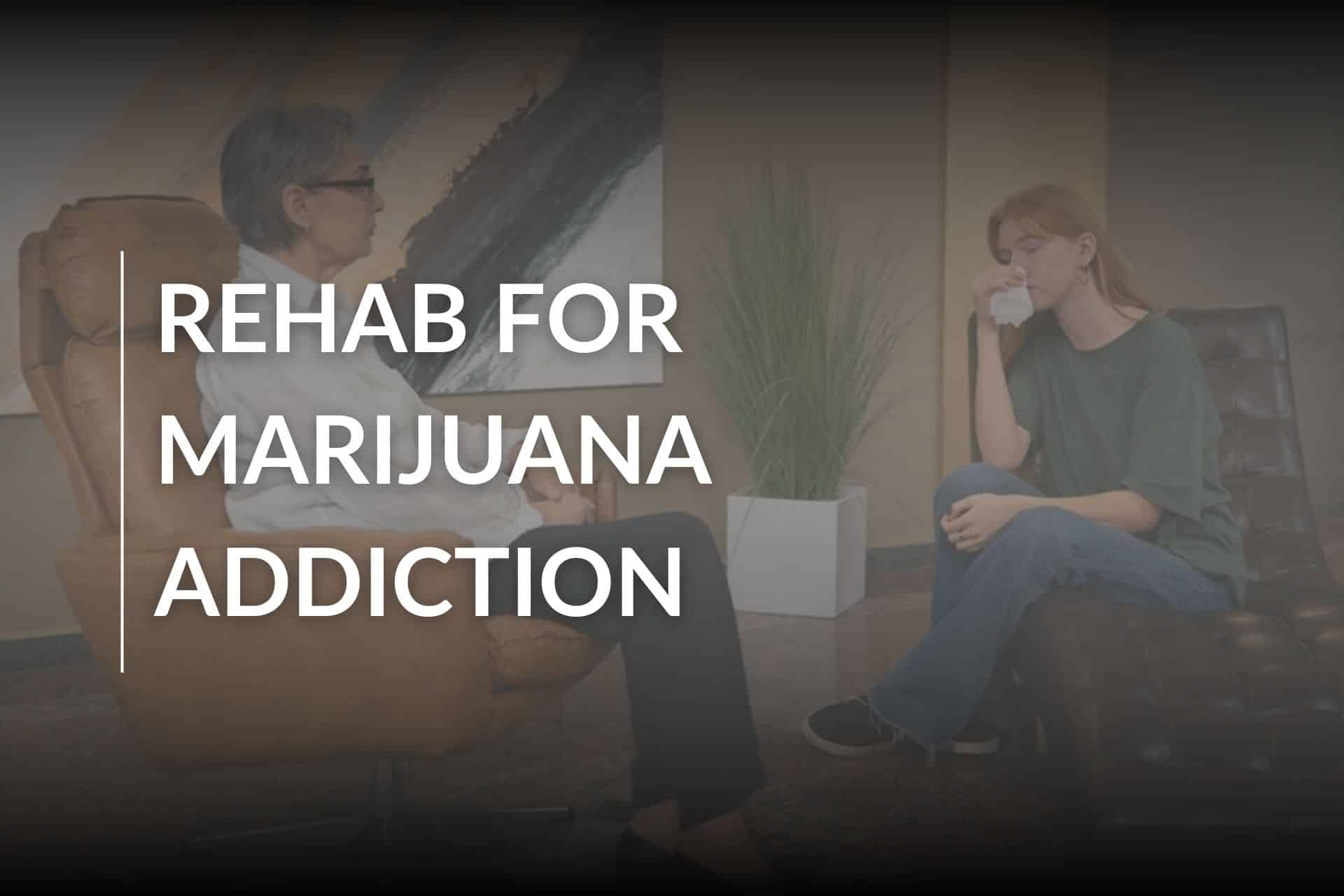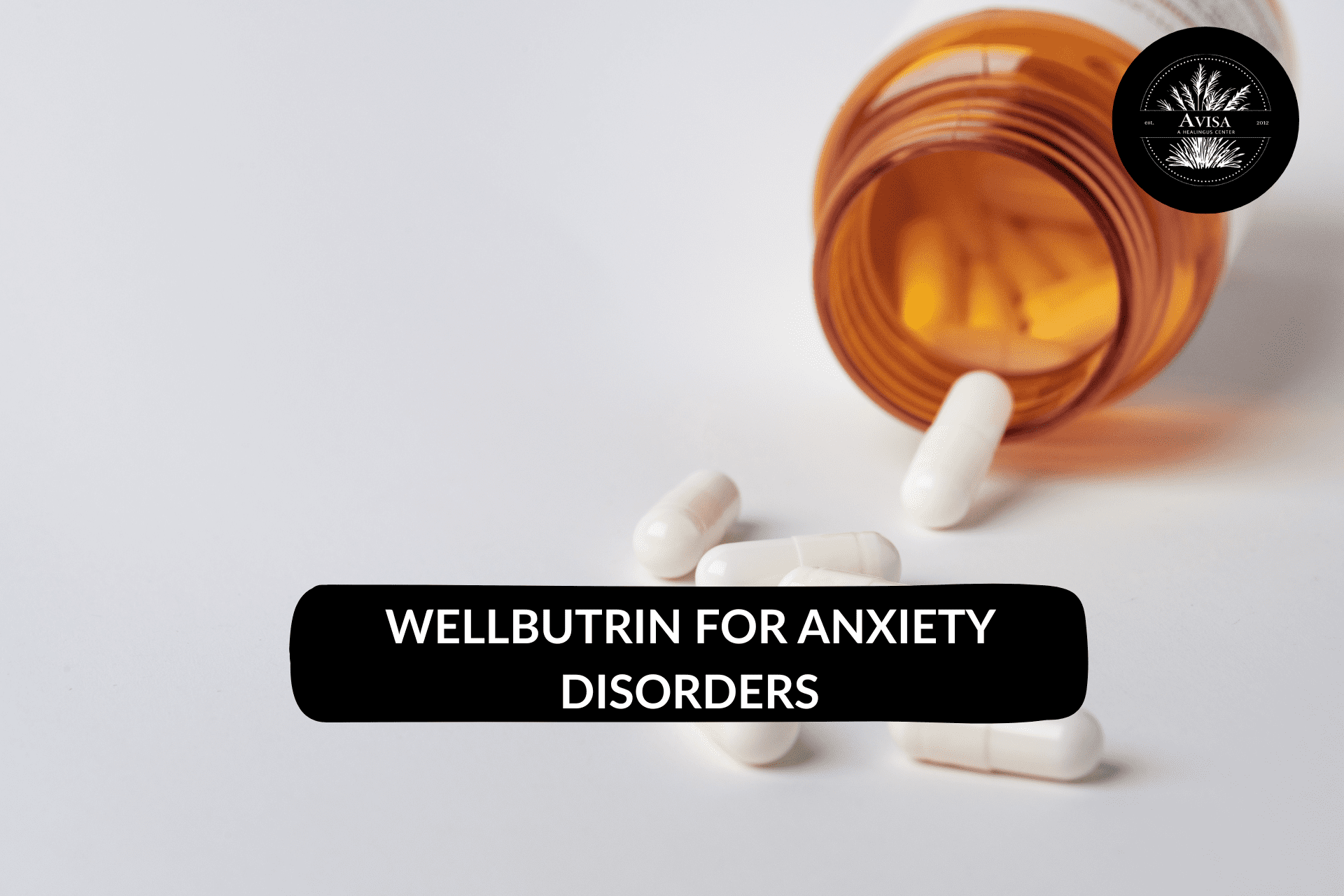Marijuana use has skyrocketed in recent years. A 2023 study by the National Institute on Drug Abuse (NIDA) showed that nearly 40% of adults in the United States reported trying marijuana at some point in their lives, with 14.5% admitting to using it in the past year. While marijuana legalization efforts continue to gain momentum, concerns are also growing about the potential for dependence, particularly among young people.
Rehab for marijuana addiction offers a lifeline to individuals grappling with the challenges of dependence on this widely-used substance. While marijuana is often perceived as non-addictive, for some, its consumption spirals into a compulsive pattern that disrupts their daily lives and overall well-being. Read on to understand the nature of the rehab for marijuana addiction.
What is Marijuana?
Marijuana, also known as cannabis, weed, pot, grass, herb, ganja, bud, and Mary Jane, is a psychoactive drug derived from the Cannabis plant. It contains compounds like THC (tetrahydrocannabinol) and CBD (cannabidiol) that affect the brain and body. Marijuana is widely used for both medical and recreational purposes, and it can have a calming, changed sense of time and space, as well as stimulating the appetite. It is usually ingested orally, vaporized, or smoked, and its legal status varies greatly among nations and areas.
Is Marijuana Addictive?
While not everyone who uses marijuana will develop an addiction, chronic and heavy use can lead to dependence and withdrawal symptoms when attempting to quit.
Marijuana Addiction
Marijuana contains THC, a psychoactive compound that interacts with the brain’s reward system, leading to feelings of pleasure and relaxation. This can trigger cravings and repeated use over time. Regular use can also alter brain development, potentially making it harder to resist the urge to use marijuana.
Factors influencing susceptibility to addiction
Several factors can influence your susceptibility to marijuana addiction:
- Genetics: Some people have a genetic predisposition that makes them more vulnerable.
- Age: Starting young increases the risk, as the brain is still developing.
- Mental Health: Existing conditions like depression or anxiety can increase the risk of using marijuana to cope, leading to dependence.
- Frequency and Amount: The more frequently and heavily someone uses, the greater the likelihood of dependence.
- Method of Use: Smoking appears to have a higher addiction potential compared to edibles.
Marijuana Withdrawal
If an individual consumes marijuana over an extended period, they may develop a reliance on the substance. When someone is reliant on a substance, discontinuing its use can lead to a range of uncomfortable symptoms. Withdrawal from marijuana may entail,
- Reduced appetite
- Changes in mood, including anxiety
- Sleep disturbances
- Irritability
- Intense cravings
While not as severe as withdrawal from heroin, these symptoms can still pose a significant challenge to quitting. Typically, withdrawal begins within 24 to 48 hours after the last dose and reaches its peak around four to six days. The entire withdrawal process usually spans one to three weeks, after which symptoms tend to alleviate.
To alleviate marijuana withdrawal symptoms, it’s advisable to:
- Stay hydrated: Drinking ample fluids helps prevent dehydration, which can exacerbate symptoms.
- Maintain a balanced diet: Consuming nutritious foods provides essential nutrients for healing.
- Ensure adequate rest: Sufficient sleep helps reduce stress and fatigue, aiding in recovery.
Behavioral Therapy For Marijuana Addiction
Behavioral therapy plays a pivotal role in addressing marijuana addiction by targeting both the cognitive and behavioral aspects of the disorder. Through evidence-based techniques, individuals are empowered to confront their patterns of marijuana use and develop effective strategies for change.
- Cognitive-behavioral therapy (CBT) addresses thoughts and behaviors linked to marijuana use. By challenging maladaptive thought patterns and teaching healthier coping mechanisms, CBT helps individuals manage cravings and triggers.
- Motivational interviewing enhances motivation for change by exploring ambivalence towards quitting marijuana. By highlighting discrepancies between goals and current behavior, individuals are empowered to commit to recovery.
- Contingency management reinforces abstinence through positive reinforcements. By rewarding behaviors such as passing drug tests or attending therapy sessions, individuals are encouraged to maintain sobriety.
Behavioral therapy provides individuals with practical tools and support to navigate the challenges of marijuana addiction and build a foundation for lasting recovery. Through these evidence-based approaches, individuals can cultivate resilience, gain insight into their addictive patterns, and achieve meaningful change in their lives.
Rehabs for Marijuana Addiction
If you’re struggling with marijuana addiction, there are Multiple rehabs for marijuana addiction available,
Behavioral Therapy: Techniques like CBT (cognitive-behavioral therapy) help identify and change thought patterns related to marijuana use, while motivational enhancement therapy (MET) builds motivation to quit.
Support Systems: Therapy groups and peer support networks offer encouragement, accountability, and a sense of community. Family and friends can also play a vital role in recovery.
Outpatient vs. Inpatient Programs: Outpatient programs allow individuals to live at home while attending therapy sessions, while inpatient programs offer a more structured and supervised environment with 24/7 support.
Seeking Professional Help is Crucial
Don’t hesitate to seek professional guidance in rehab for marijuana addiction. Addiction specialists can develop a personalized treatment plan to address your unique needs and increase your chances of lasting recovery.
Resources for Veterans and Active Duty
Veterans and active-duty service members facing addiction have access to specialized resources. Look into organizations like the Veterans Affairs (VA) or veteran-specific rehab for marijuana addiction programs that understand the unique challenges you may face.
Conclusion
In conclusion, understanding the complexities of rehab for marijuana addiction and its treatment options is essential. From behavioral therapies to specialized programs for veterans and active-duty service members, there are numerous resources available to support individuals on their journey to recovery.
If you’re ready to take control of your life and are searching for rehab for marijuana addiction, reach out to Avisa now for personalized guidance and support on your journey to recovery. Your brighter future starts here!
FAQs
Que: What is the most common treatment for marijuana?
Ans: Behavioral therapies are frequently employed in the treatment of cannabis addiction. One strategy, known as motivational interviewing, aims to transform uncertainty about quitting into motivation for cessation. Another method, contingency management, involves offering patients tangible rewards for adopting positive behaviors.
Que: What is motivational interviewing for marijuana use?
Ans: Motivational Enhancement Therapy (MET) is grounded in the principles of Motivational Interviewing (MI) and aims to bolster motivation to alter substance use behavior by providing non-judgmental feedback, resolving ambivalence, and establishing goals. Research indicates that a combination of Cognitive Behavioral Therapy (CBT) and MET is the most effective approach for Cannabis Use Disorder (CUD).
Que: How does long-term marijuana use affect your personality?
Ans: Regular cannabis usage has been associated with a heightened risk of anxiety and depression. Although most studies focus on the connection between cannabis and psychosis, it’s important to note that cannabis use can elevate the likelihood of developing psychotic disorders like schizophrenia.











